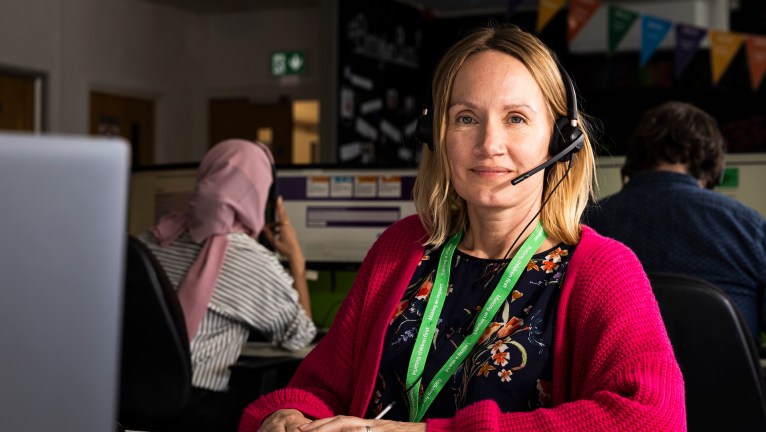Talking to my 17 year old daughter about the disappearance of Sarah Everard was hard. But talking to my 14 year old son was harder.
This isn’t because he didn’t want to speak about it, or didn’t think it was pertinent to him, or even because it was a reality too unimaginably awful to deal with. It was hard because, unlike my daughter, already so familiar with the behaviours and choices women make every day, this was territory my son had never given serious thought to. He listened with incredulity while my daughter and I swapped stories about avoiding solo walks in quiet places, scanning train carriages for potential threats and allies, bracing ourselves as we walked past large groups of men.
These were concerns one half of his family were so used to acting on they’d become a habit, a basic instinct we weren’t even conscious of having formed. Yet for him, and he was sure for his friends, they sounded paranoid, super-sensitive, and unnecessarily self-curtailing.
Many men, confident that they’re not violent or predatory, tune out. They’re not the problem, they assure themselves, they’re decent, enlightened chaps no women need fear. And so as far as further thinking goes, it’s over and out.
This is an issue many parents will be considering in light of the horrendous and heart-breaking news about Sarah Everard, and the conversations on social media which have arisen as a result. It’s been fascinating and enlightening to hear so many women come together to share their experiences. But what should come next? After so many words and demands, how can we really, practically, make things better? Perhaps most crucially – yet historically least considered – how can we raise a future generation of men more aware and alert to the concerns of the women they live among?
It’s easy and obvious to tell teenage boys not to threaten, intimidate, or hurt women. There’s not a lot of confusion over the rights and wrongs of that message. And the vast majority of young men already get it. But that’s when things get complicated, and the conversation more difficult. Because many men, confident that they’re not violent or predatory, tune out at that point in the exchange. They’re not the problem, they assure themselves, they’re decent, enlightened chaps no women need fear. And so as far as further thinking goes, it’s over and out.
But really, it’s at this point the serious and profound further thinking needs to start. We parents need to explain to our sons not only the unintended impact their own behaviour might have, but the importance of keeping their heads up and their eyes open when they’re around women, and recognise signs of anxiety and discomfort. I want my son to become the kind of man who considers the creeping fear many women feel when they hear footsteps gaining on them, and to cross to the other side of the road or take a different route in response. To understand that a women travelling on her own on a train might prefer to sit next to another woman rather than an unknown man.









